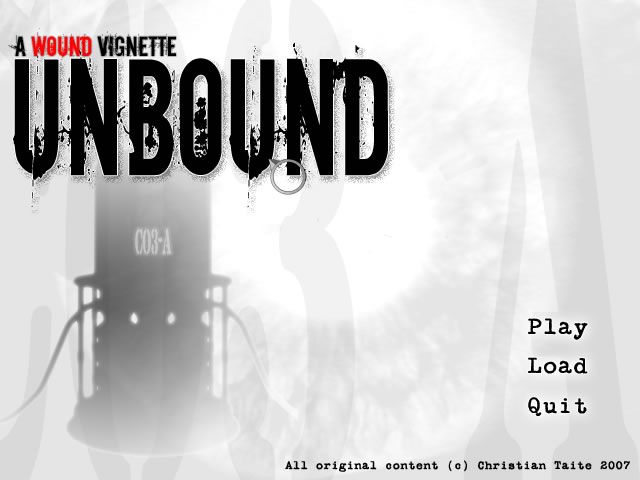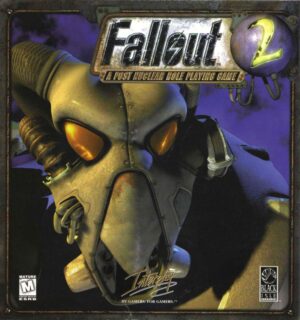Retro Replay Review
Gameplay
Unbound offers a tightly focused gameplay experience that revolves around exploration and puzzle-solving within a single panoramic room. Players take on the role of Dr. Fielding and navigate the environment using simple point-and-click mechanics: you can pick up objects, examine them closely, and manage a modest inventory. While the controls are straightforward, the game encourages careful observation, as key items and clues are often subtly integrated into the seamless 360° backdrop.
(HEY YOU!! We hope you enjoy! We try not to run ads. So basically, this is a very expensive hobby running this site. Please consider joining us for updates, forums, and more. Network w/ us to make some cash or friends while retro gaming, and you can win some free retro games for posting. Okay, carry on 👍)
The puzzle design strikes a balance between challenge and accessibility. Though the number of puzzles is limited, each one feels purposeful and directly tied to Dr. Fielding’s predicament. Players must piece together fragmented notes, decipher codes, and manipulate scientific equipment to progress. The gradual escalation in puzzle complexity keeps the momentum steady without ever feeling overwhelming.
Dialogue and internal monologue serve as secondary gameplay elements, with Fielding’s musings shedding light on past events and his own psychology. Between physical puzzles, you’ll find yourself reading documents and listening to Fielding’s self-directed questions. This layering of narrative-driven investigation with environmental puzzles reinforces the game’s focus on story-first immersion rather than frenetic action.
Graphics
Visually, Unbound takes full advantage of its panoramic format, presenting a continuous, high-resolution vista of the interrogation room. Every angle reveals new details—from flickering monitors and strewn lab notes to ominous shadows cast by unseen light sources. The game’s art direction emphasizes realism, creating a tangible atmosphere that underscores the tension of captivity.
The textures and lighting contribute significantly to the mood. Metallic surfaces gleam under harsh overhead lights, while corners of the room remain shrouded in darkness, suggesting hidden dangers or secrets waiting to be found. Subtle visual flourishes, such as the condensation on glass containers and the reflections on polished floors, demonstrate a keen attention to detail.
Although Unbound does not feature expansive environments or high-octane animation, its static panoramic approach is well-executed and intentionally designed. The limited setting becomes a strength, as repetitive reexamination of the same space reveals new visual cues. For fans of atmospheric, confined settings, the graphics successfully capture the suffocating feel of Dr. Fielding’s situation.
Story
As the second vignette in the Wound series, Unbound builds directly on the narrative foundation laid by Heartland Deluxe. This time, the tale unfolds from the perspective of Dr. Fielding, a scientist entangled in a disastrous caterpillar research project overseen by the elusive Dr. Powell. Interrogated by an unknown group, Fielding must piece together what went wrong—and why he has become their primary suspect.
The story is conveyed through a blend of introductory cutscenes, scattered documents, and Fielding’s private reflections. Early on, you learn the grim outlines of the experiment’s failure, but it is through later discoveries—handwritten notes, audio logs, and the scientist’s whispered admissions—that the narrative deepens. Each revelation not only answers prior questions but raises new ones about ethical boundaries and human ambition.
By restricting the action to a single room, Unbound intensifies the personal stakes. The plot’s twists hinge on small details: a torn photograph, a half-burned report, or an unexplained stain on a lab counter. This microcosmic approach heightens suspense, making every piece of evidence feel crucial. The result is a short yet evocative storyline that rewards careful players with a fuller understanding of the Wound universe.
Overall Experience
Unbound delivers a concise, atmospheric adventure that will appeal to aficionados of narrative-driven point-and-click games. Its stripped-down mechanics place the storytelling front and center, allowing players to immerse themselves in Dr. Fielding’s fraught mental state. The game’s brevity is intentional; it feels more like an interactive short story than a sprawling epic, providing a focused journey that can be completed in under two hours.
While some may find the limited scope and absence of broader exploration constraining, the intense concentration on a single environment creates a strong sense of claustrophobia and urgency. The interplay between environmental puzzles and narrative text keeps the experience engaging, though players seeking high-octane action or varied locales may want to look elsewhere.
Ultimately, Unbound succeeds as the second chapter in the Wound series by deepening the lore and offering a fresh viewpoint on past events. It sets the stage for future installments while standing alone as a compelling vignette. For gamers who appreciate moody atmospheres, character-driven narratives, and thoughtfully designed puzzles, Unbound is a must-play that leaves you eager to discover what comes next.
 Retro Replay Retro Replay gaming reviews, news, emulation, geek stuff and more!
Retro Replay Retro Replay gaming reviews, news, emulation, geek stuff and more!









Reviews
There are no reviews yet.